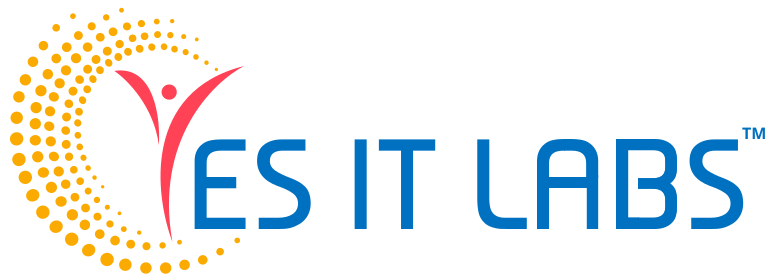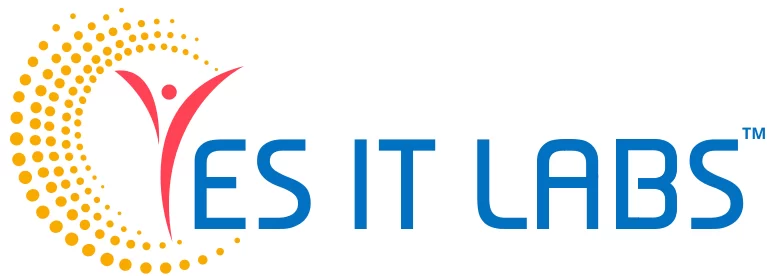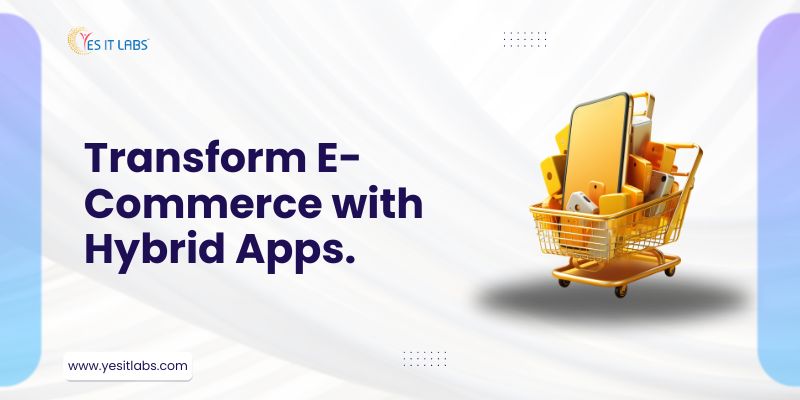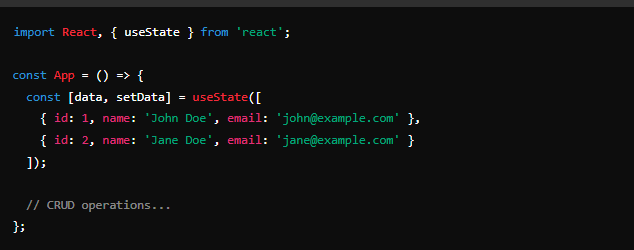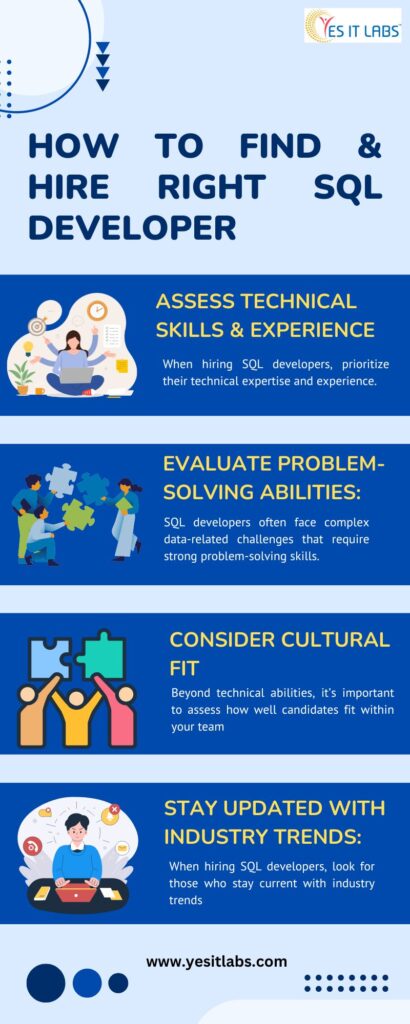SQL (Structured Query Language) is a key tool for managing and analyzing data. As technology changes, SQL development is also evolving. This guide covers the latest trends in SQL development and what to look for when hiring a SQL developer. Whether you’re running a startup or a large company in the USA, understanding these trends can help you stay ahead and make better decisions.
The Evolution of SQL Development
SQL has changed a lot since it was first introduced in the 1970s. Initially, it was used for basic data tasks, but as data grew in size and complexity, SQL’s capabilities expanded too. Today, SQL handles complex queries, manages transactions, and supports advanced analytics. This evolution reflects broader technological changes, including the rise of cloud computing and big data.
Understanding SQL’s growth helps businesses make informed decisions about data management. Staying updated on SQL’s evolution ensures your data solutions are effective and current.
Top SQL Development Trends to Watch
Cloud-Based SQL Solutions
One major change is the move to cloud-based SQL solutions. Platforms like Amazon RDS, Google Cloud SQL, and Microsoft Azure SQL Database offer flexible and cost-effective ways to manage databases. These cloud solutions improve reliability, reduce costs, and make it easier to scale resources as needed.
For businesses in the USA, the ability to adjust database resources based on demand is especially valuable. When hiring a SQL developer, look for candidates who are skilled in MySQL Database development and familiar with cloud solutions. Their expertise will help you get the most out of cloud technologies.
Integration with Big Data Technologies
As data grows, combining SQL with big data tools is becoming more important. Technologies like Hadoop and Spark help analyze large amounts of unstructured data alongside traditional databases. This integration provides deeper insights and better decision-making.
SQL developers need to understand both relational databases and big data tools. Experience with MySQL applications and MySQL Server reporting services is particularly useful for managing and analyzing data across different systems.
If you’re looking to integrate SQL with big data, choose developers who have experience with both. Their skills will help you get comprehensive insights from your data.
Enhanced Security Measures
Data security is a top concern today. Modern SQL databases need advanced security features to protect against threats. Among these measures are data encryption, access controls, as well as compliance with data protection laws.
When hiring an SQL developer, prioritize those who understand security best practices. Certified MySQL developers often have specialized knowledge in this area, making them well-equipped to handle security challenges. Their skills will help keep your data safe and secure.
Automated SQL Query Optimization
As databases become more complex, optimizing queries manually can be difficult. Automated tools are now available to help with query optimization, improving performance and efficiency.
SQL developers who know how to use automated query optimization tools can enhance your database performance. Look for developers who are experienced with these tools to ensure your queries run smoothly and efficiently.
Real-Time Data Processing
Data processing and analysis in real-time are becoming increasingly important. Real-time data processing helps businesses make quick decisions based on the most current information available.
SQL developers should be skilled in implementing real-time data processing solutions. This includes working with technologies that support real-time analytics and in-memory databases. Experience with MySQL Server reporting services is also valuable for generating real-time reports.
When hiring SQL developers, choose those who have experience with real-time data processing technologies. Their skills will help you use real-time data effectively for better decision-making.
Key Skills to Look for in a SQL Developer

When hiring a SQL developer, it’s important to look for specific skills:
Proficiency in Modern SQL Databases
A good SQL developer should be proficient in modern SQL databases like PostgreSQL, MySQL, Microsoft SQL Server, and Oracle. They should be familiar with the latest features and versions of these databases, especially if your focus is on MySQL Database development and MySQL applications.
Experience with Cloud Platforms
With the rise of cloud computing, experience with cloud platforms like AWS, Google Cloud, and Azure is essential. Developers who are skilled in these platforms can help optimize database management and scalability.
Understanding of Data Security Practices
Data security is critical. SQL developers should know how to implement encryption, configure access controls, and comply with data protection regulations. Certified MySQL developers are often trained in these practices, making them a good choice for ensuring your data’s security.
Ability to Optimize Query Performance
Efficient query performance is vital for fast and responsive databases. Look for developers who have experience with optimizing SQL queries and using automated tools for query optimization.
Familiarity with Big Data Integration
As big data becomes more important, SQL developers need to integrate relational databases with big data technologies. Experience with technologies like Hadoop and Spark, along with MySQL applications and MySQL Server reporting services, is crucial for managing data across different systems.
How YES IT Labs Can Help You Find Top SQL Developers
Finding the right SQL developer can be challenging, but YES IT Labs is here to help. We specialize in connecting businesses with skilled SQL developers who have the expertise to meet your needs.
Our team can help you find developers with experience in the latest SQL trends and technologies. Whether you need expertise in cloud-based solutions, big data integration, or data security, YES IT Labs can connect you with certified MySQL developers who excel in MySQL Database development and MySQL applications.
Partnering with YES IT Labs ensures you get access to top talent who can drive your SQL development projects to success. Let us help you find the perfect developers to enhance your data management capabilities.
Conclusion
SQL development is continually evolving with new trends and technologies. Staying informed about these trends and knowing what to look for in an SQL developer will help you leverage your data effectively and stay ahead of the competition.
From cloud-based solutions and big data integration to enhanced security measures and real-time data processing, the world of SQL development is changing rapidly. By understanding these trends and partnering with skilled developers, your organization can make the most of its data and achieve greater success.
For expert help in finding top SQL developers, contact YES IT Labs today. We’re here to connect you with professionals who can elevate your SQL development and help you reach your data management goals.
